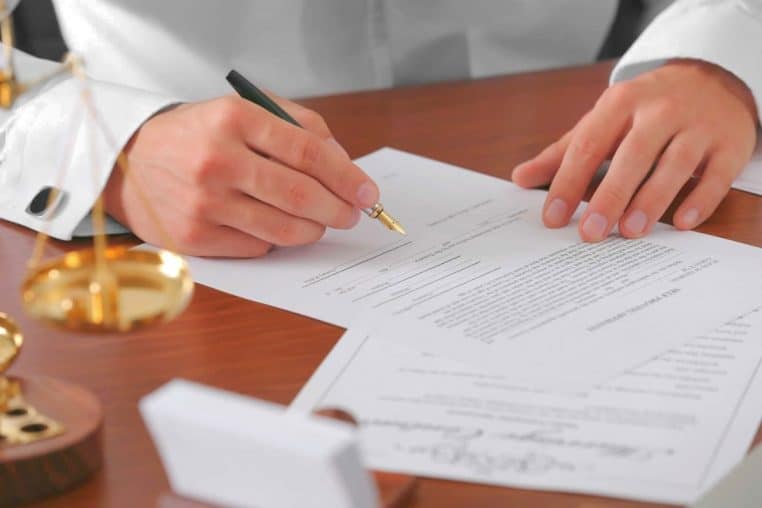A viral piece of information is causing concern among internet users: starting in 2026, the state could automatically seize and sell inherited real estate. But what does the law really say?

📄 What Do Current Inheritance Laws in France Say?
In France, inheritance is governed by a clear and structured legal system. When a property is inherited, inheritance tax applies according to the relationship between the deceased and the heir. For example, a child benefits from a deduction of 100,000 euros on their share.
Beyond this amount, inheritance tax rates become progressive, ranging from 5% to 45%. This can represent a significant financial burden, but these rules are designed to be equitable. Additionally, French taxation remains one of the most protective in Europe regarding direct-line inheritance.
Moreover, there is currently no indication of an intention to tighten these rules. On the contrary, the 2025 finance law anticipates a targeted tax relief, particularly through increased deductions on intergenerational gifts, which signals an encouragement for the transfer of family wealth.


⏱️ Deadlines, Obligations, and Solutions for Heirs
Inheritance cannot be settled instantly. After a death, heirs have a six-month deadline to file the inheritance declaration (in mainland France). This document is essential for regularizing the transfer of assets and calculating any applicable taxes.
But what can be done in case of difficulties in paying these taxes? The French tax system provides for relief measures:
- Instalment payments, allowing the total to be spread over several months
- Deferred payments, allowed under certain conditions for a period of up to ten years
These options often require guarantees (mortgage, collateral, etc.), but they prevent heirs from being forced to sell under pressure. It is also possible to renounce an inheritance if it carries too much debt, which protects the heir from having to pay creditors out of their own pockets.


❌ Is Automatic Seizure by the State a Reality?
No. Contrary to rumors spread on social media, no law in France allows the state to automatically seize inherited property in 2026 or at any other time. These claims are baseless and alarmist.
The seizure of property by the tax administration only occurs in one specific case: failure to pay inheritance taxes after reminders, and only if no amicable solution has been found. Even in this extreme case, seizure is judicial and follows a long and regulated process. The state never retains the full amount: it only recovers what is owed, and the remainder goes back to the heirs.
It is also crucial to distinguish this procedure from vacant inheritances, which only concern a limited number of very specific cases.


🏛️ Clarification on Upcoming Reforms
Rather than punishing, the reforms under discussion aim to modernize the inheritance framework. Among the explored avenues:
- Simplifying intergenerational gifts by reducing taxes
- Speeding up sharing processes, which can be very lengthy and a source of family tensions
- Making procedures more accessible for citizens who are not legal experts
These measures respond to a desire for transparency and calm. Therefore, it is improbable that radical decisions like automatic seizures will be implemented in this context.


💰 And What About Vacant Inheritances?
Vacant inheritances are rare and tightly regulated. They occur only when:
- No heir comes forward
- All identified heirs refuse the inheritance
In this case, the state temporarily takes control through the national department for domain interventions (DNID). Its role is to manage the assets, pay any debts, and maintain the property until a potential heir comes forward. At no point does the state “steal” these assets: it acts as a neutral manager, and all actions are validated by the competent judicial tribunal.
If heirs are found later, they can claim their share within 30 years, providing long-lasting protection.









